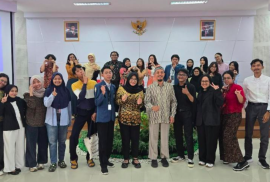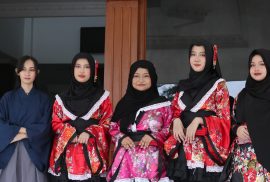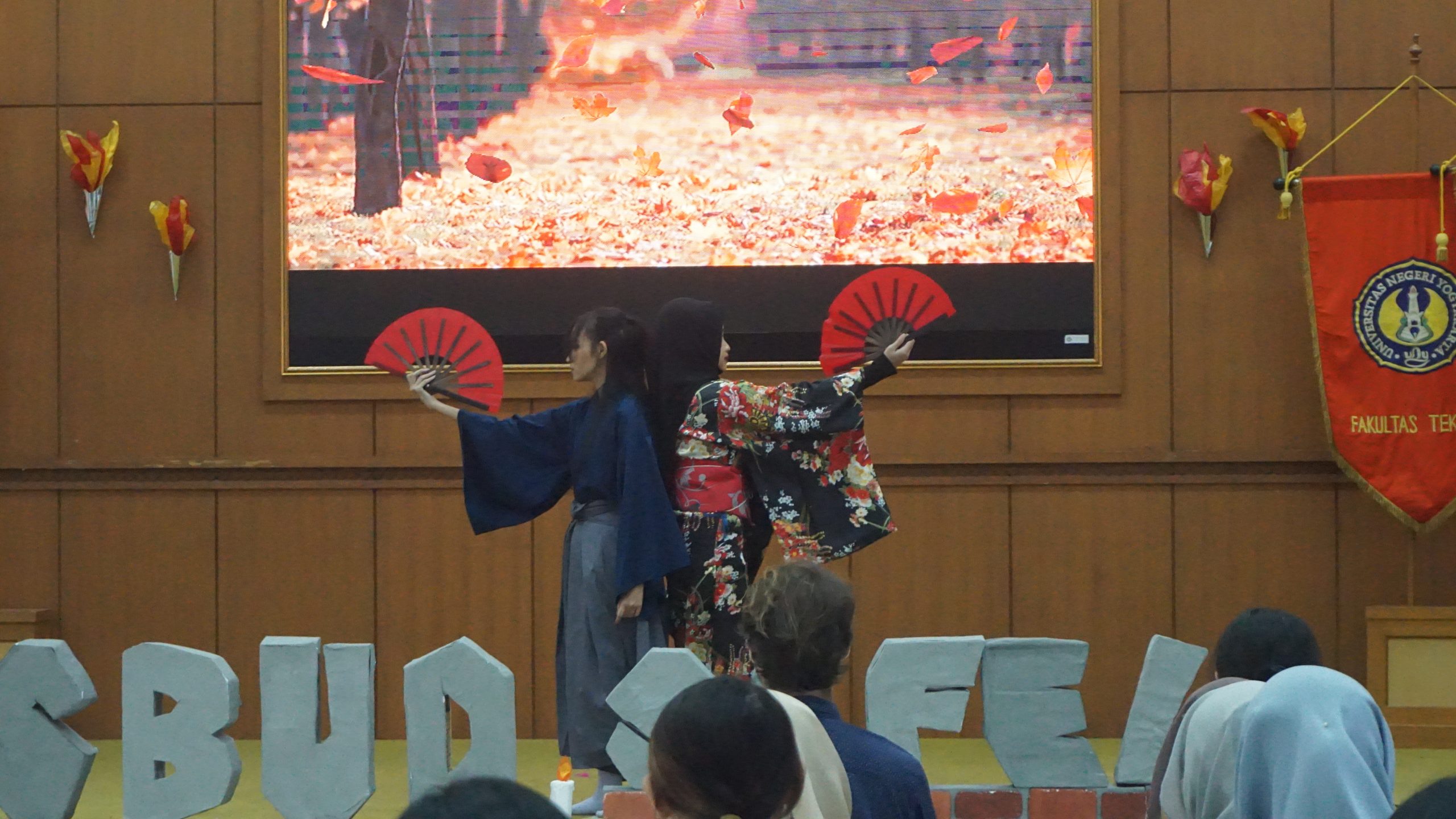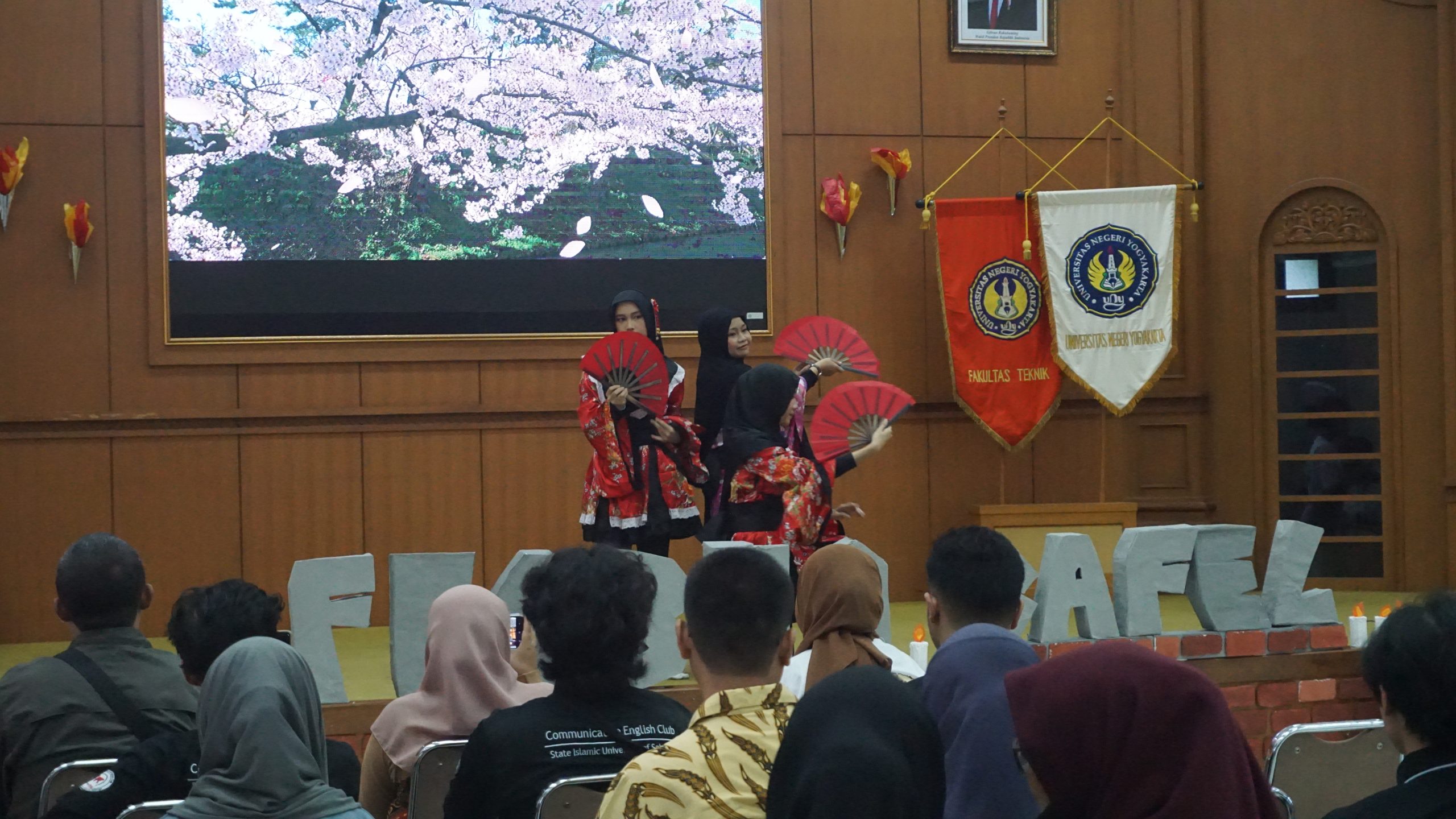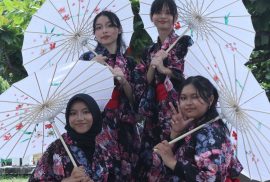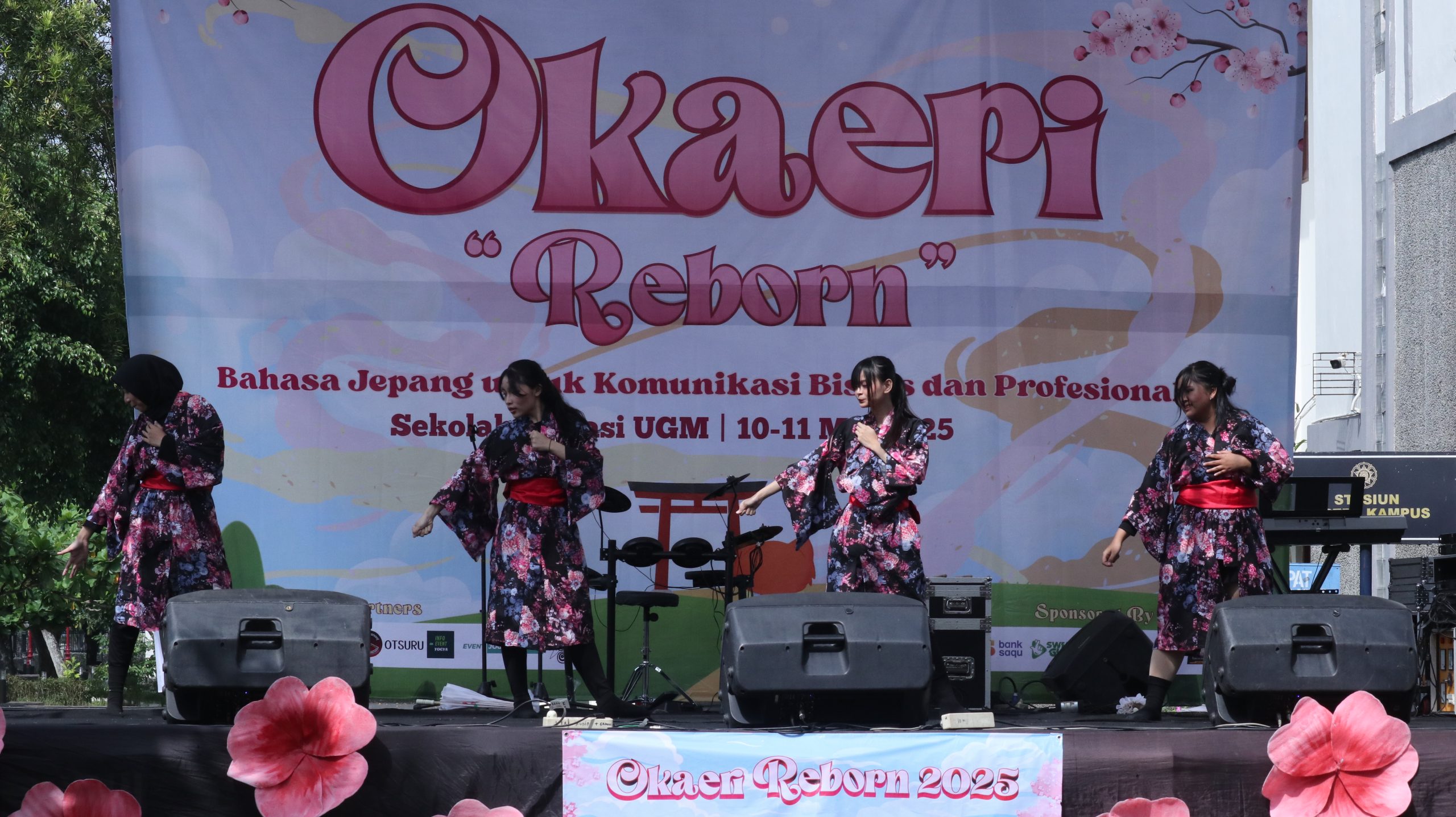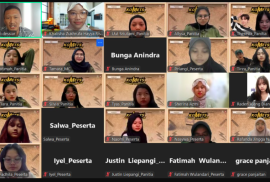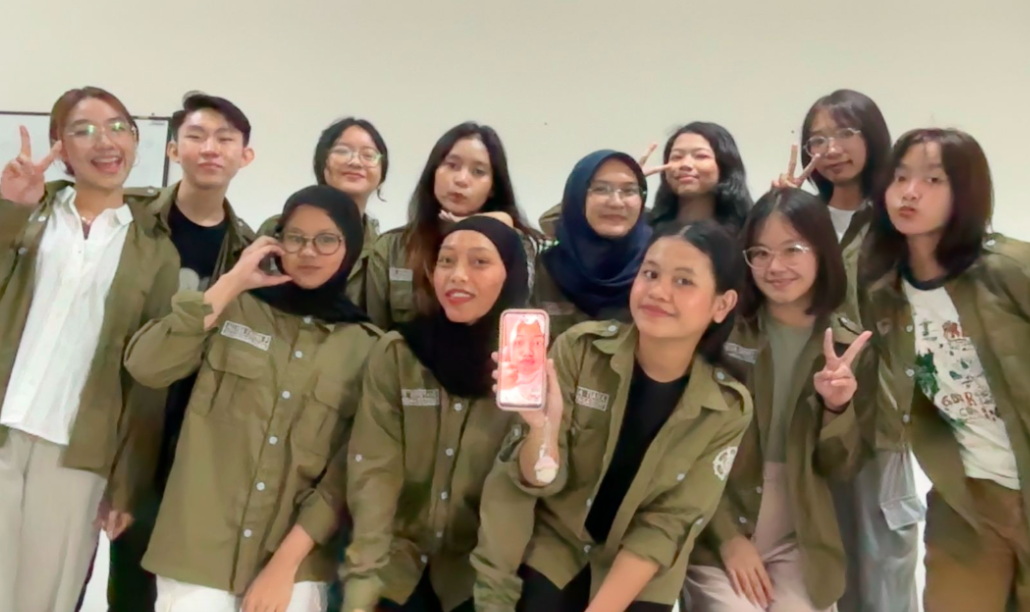Yogyakarta, May 21, 2025 – The Korean Language and Culture Study Program, Faculty of Cultural Sciences, Universitas Gadjah Mada (UGM), held a public lecture entitled “Sugianto’s Heroic Action in the Great Fire Crisis in Korea” on Wednesday, May 21, 2025, at 11:00 AM.
The public lecture featured Prof. Yang Seung Yoon, a prominent scholar in Korean history and culture, as the keynote speaker. In his presentation, Prof. Yang shared a moving true story about the bravery of an Indonesian citizen named Sugianto, who was involved in a major fire crisis in Korea. The story not only portrayed extraordinary humanity but also highlighted how a foreign national could make a meaningful contribution during a cross-national crisis.
The session was highly interactive, with Prof. Yang weaving in historical narratives, the geography of Korea, and the human values that formed the core of his lecture.
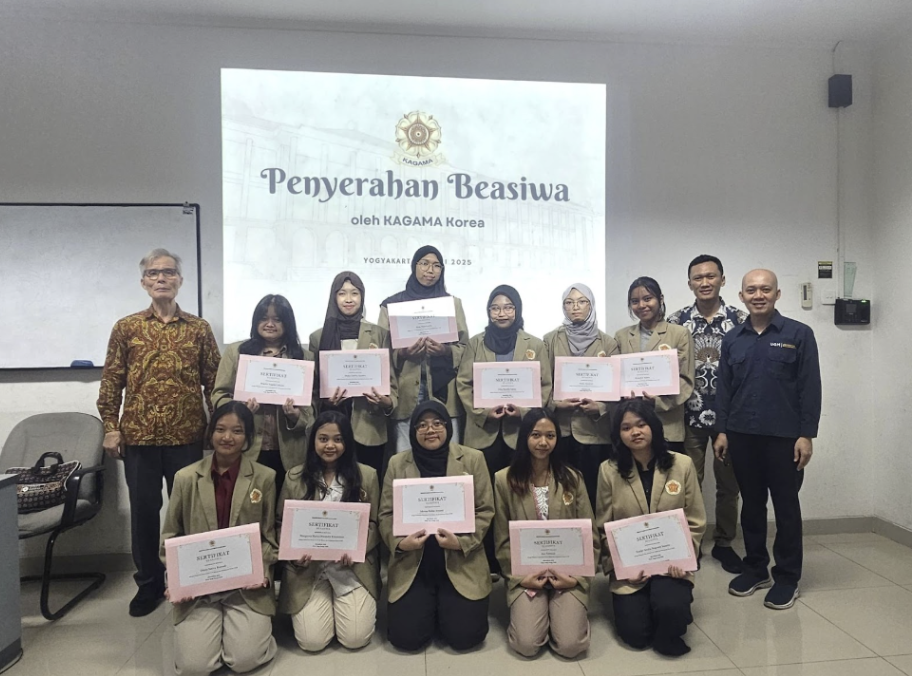
Following the lecture, the event continued with the awarding of scholarships from KAGAMA Korea to eleven students of the Korean Language and Culture Study Program. This scholarship represents the alumni’s concern and support for advancing the education of younger generations, especially those who show dedication and commitment to Korean studies.
To conclude the event, Prof. Yang Seung Yoon presented books on Korean history to the attendees. The books symbolize a commitment to supporting intercultural learning and serve as valuable references for the students. After the book presentation, Prof. Yang left the audience with a memorable message: “Never stop reading.” This simple yet meaningful remark inspired all participants to continue expanding their knowledge through literacy.
This event not only strengthened the bonds between academia, alumni, and the Korea–Indonesia community, but also formed part of a broader effort to foster global academic collaboration and promote quality education through intercultural knowledge exchange.
[Bachelor of Korean Language and Culture, Nisa Khairuna Sabilla]


